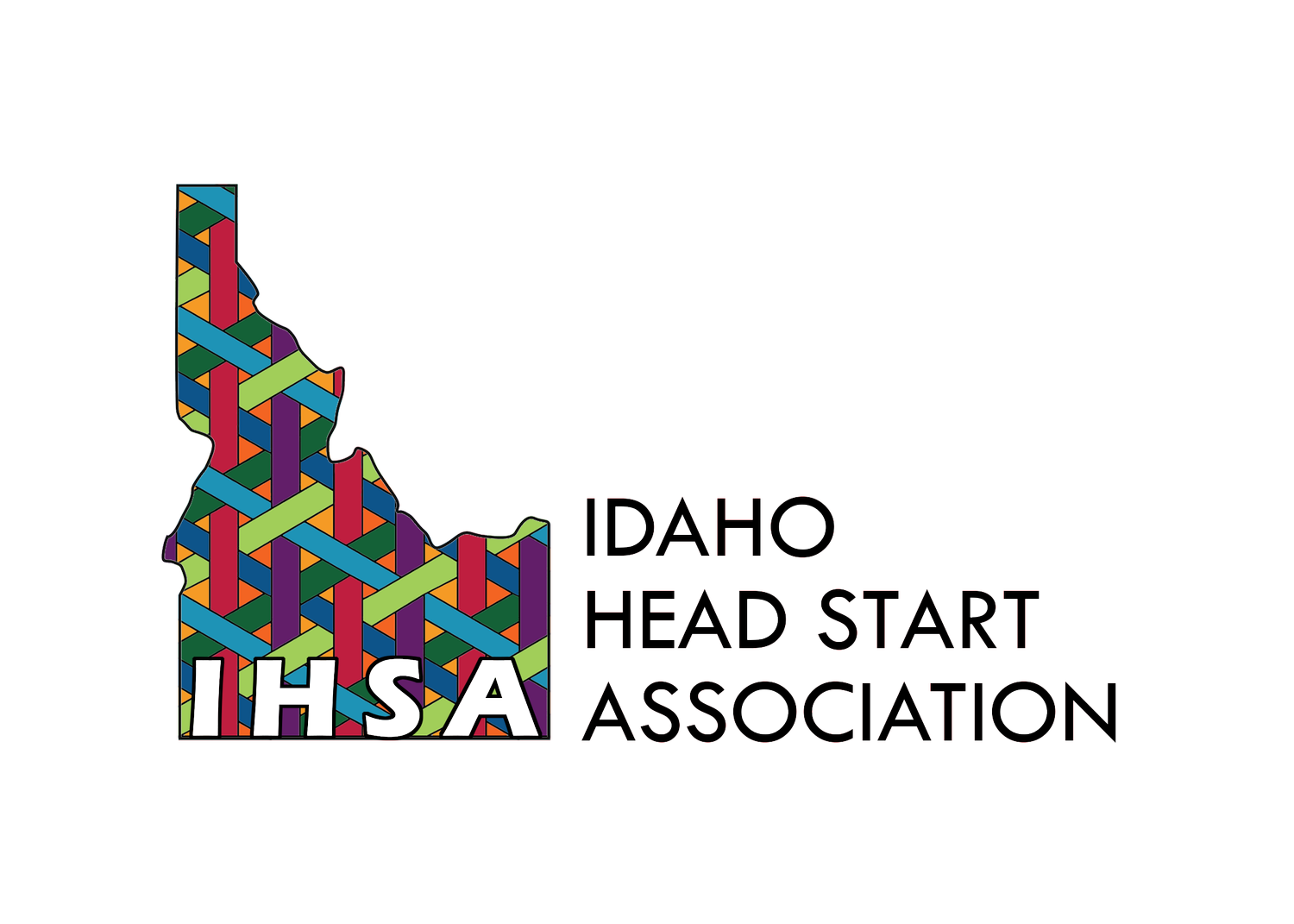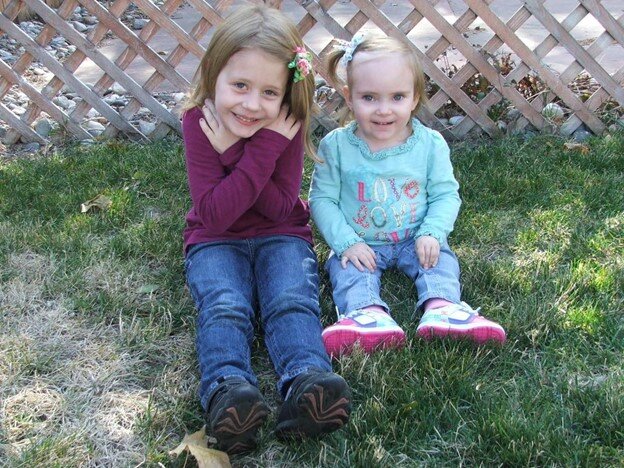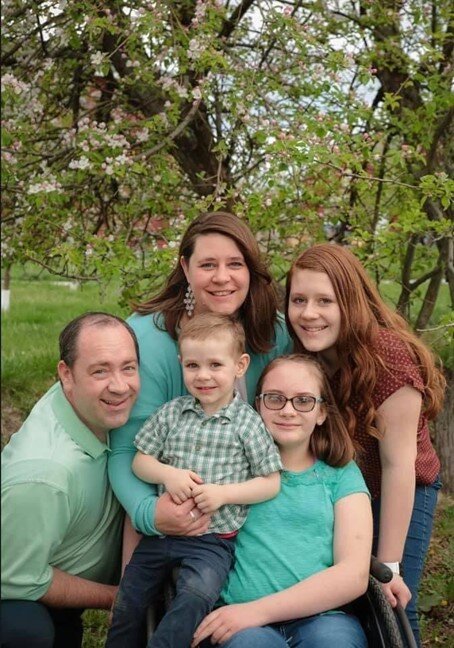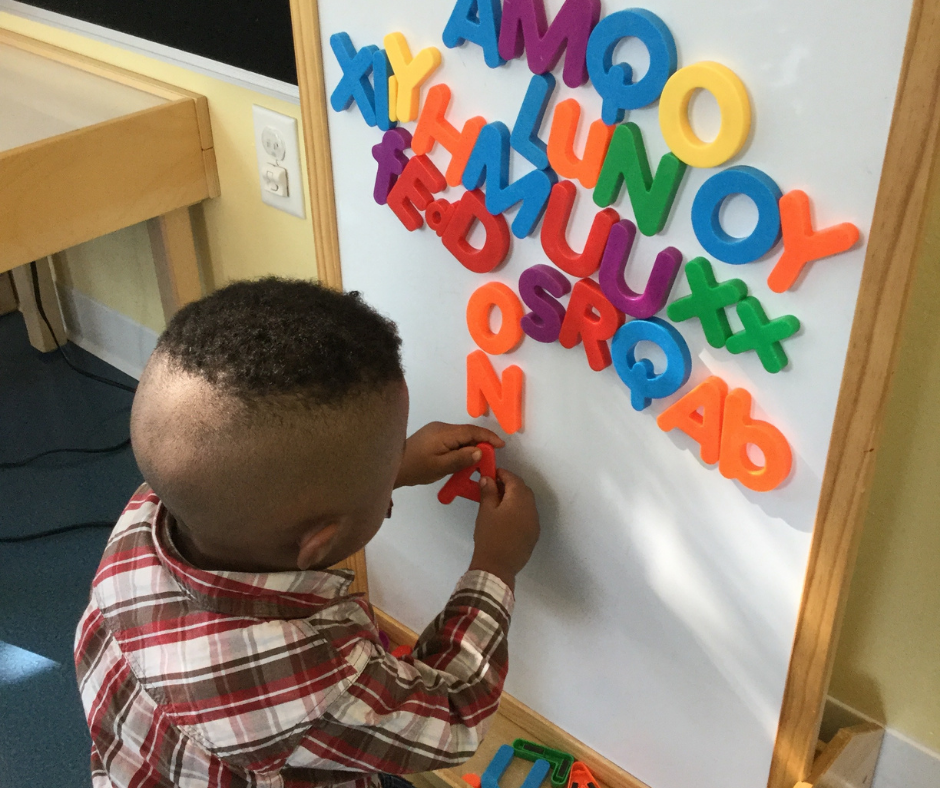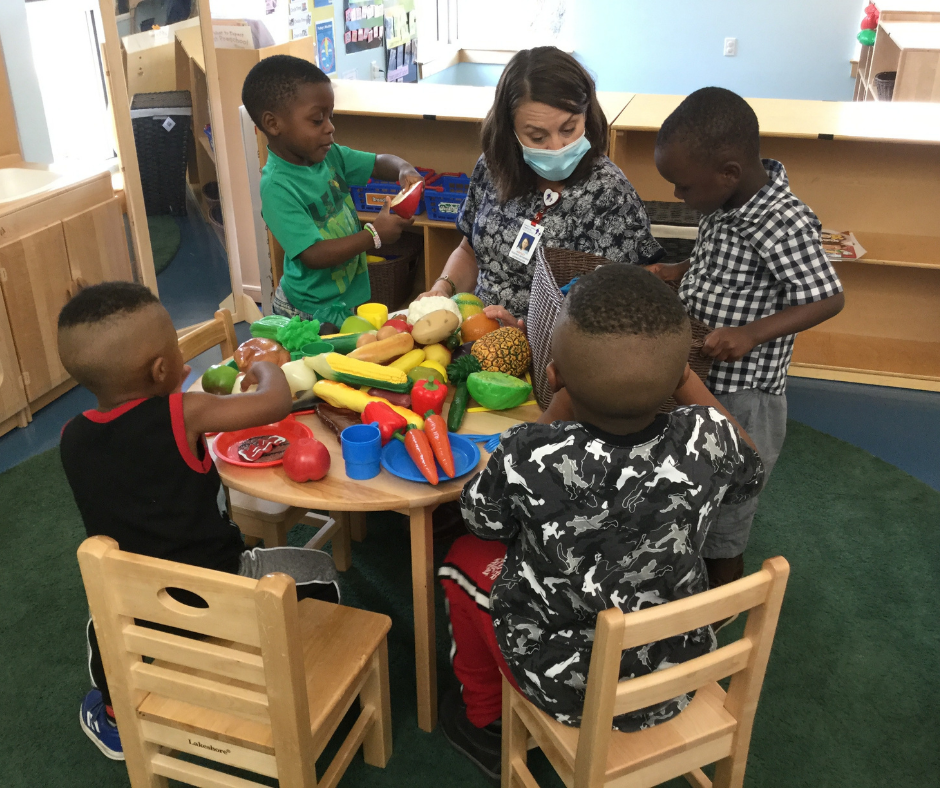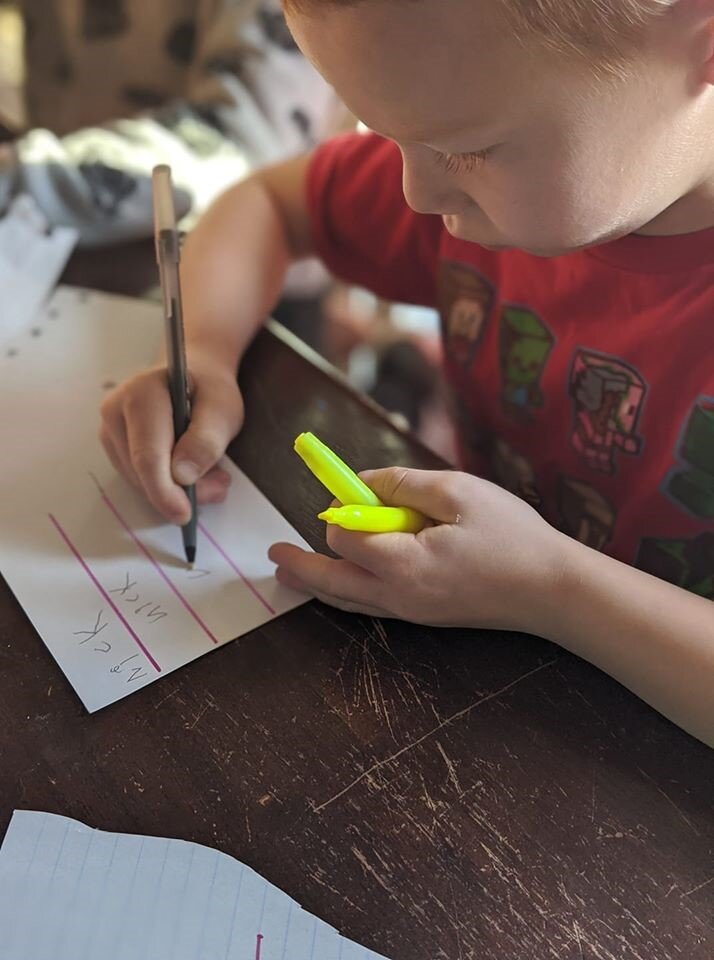Jose Miguel Hernandez has always been a big believer in Head Start because he actually went through the program as a child growing up in Driggs between the ages of 4 and 6. Now he’s a 33-year-old father of three, who’s still thankful of what Head Start did for him as a child, and today, as a father.
“I knew the Head Start program was there to help you as a community resource,” says Hernandez, who still lives in Driggs under the shadow of the Tetons. “I liked being in the program. I knew it was helpful for me, and I wanted to do what I could to help as a parent and a community member.”
That opportunity came along quicker than expected. The current general manager of the McDonald’s restaurant in Jackson Hole, Wyo., Hernandez met his wife, Adriana, at the restaurant when they both were younger employees. Their daughter, Sophia, came along when Hernandez was working on getting a teaching certificate at Boise State University.
Financially, that put his college plans on hold while he and Adriana focused on raising their daughter. After they enrolled Sophia in Head Start when she was 4, Hernandez got involved in parent involvement activities and the Head Start Policy Council for parents to help guide the programs so they fit their children’s needs and the needs of the community.
“You get involved and you quickly learn that your voice counts, your opinion counts,” Hernandez says. “It was an awesome growth experience for me. We were able to do some things to improve the Driggs Head Start, and do some things to keep our teachers here in the community.”
Welcoming Latino Families
As a Mexican community member, Hernandez also has been able to share information about the Driggs Head Start program with other Latino families in the community, as someone who’s lived there for 30 years.
“We want La Raza (“the people”) to feel welcome,” he says. “In a rural town like this, we’re trying to make everyone know that Head Start is an equal opportunity for folks. Head Start is never going to turn you down.”
The Head Start and Early Head Start Programs in Eastern Idaho are run under the Eastern Idaho Community Action Partnership agency, based in Idaho Falls. EICAP serves many children and families in a 10-county area. The Driggs Head Start program serves 18 families with children aged 3-5 in Teton County. Families must qualify for the program via federal low-income guidelines. They could be placed on a waiting list if their income exceeds those guidelines, officials said.
“Miguel has been a great advocate for Head Start,” said Jenniffer Reynolds, Director of EICAP Early Head Start and Head State. “He been really helpful as a parent volunteer in the community, and he’s been participating in outreach to the Legislature.”
“Parents are the heart and soul of Head Start’s success,” added Bill Foxcroft, executive director of the Idaho Head Start Association. “Alums like Miguel have built confidence in parenting and life skills that can carry a lot of weight in influencing other young families. This is especially important in rural communities like Driggs, where there are such deep community roots.”
Bilingual Household Supported by Head Start
Since those early days of fatherhood, Hernandez and his wife have had two more children, Abraham, and Jonathan. Abraham has completed Head Start and moved on to grade school, and Jonathan is not quite age-eligible this year, but he will be next year.
They appreciate all of the educational and social services that Head Start provides for their kids to prepare them for public school. Hernandez and his wife also decided to raise their children with bilingual language skills. The kids speak English at Head Start and in public school, and they speak Spanish at home.
“My wife’s Spanish is phenomenal, and I grew up learning English in a Hispanic household,” he says. “Our Head Start family advocate encouraged us to provide the opportunity for our kids to learn both languages. They are growing up bilingual so their heritage doesn’t fade away.”
Growing up with bilingual skills also will give the kids opportunities after they finish school, he said. “We feel blessed about doing that for our kids and keeping our culture alive.”
Volunteering Builds Confidence and Skills
Hernandez also values the opportunities he’s had to grow as a parent volunteer and advocate. Initially, he said, at parent meetings, “I was the quiet guy in the corner, listening.”
Over time, he got more verbal and actively involved. When a group of Head Start parents took a trip to the State Capitol in Boise, and they had a chance to speak to state legislators, Hernandez came out of his shell even more.
“We wanted the legislators to know why Head State needs funding support at the state level,” Hernandez says. “I laid it out for them, talking about my experience in the program as a young kid, and how it’s helping our family now.”
Hernandez felt that the legislators listened to him. For example, he had a chance to talk to State Senator Steve Bair of Blackfoot, who is also co-chair of the Joint Finance-Appropriations Committee. He also spoke to legislators who represented the rural Eastern Idaho counties in District 32, including Teton County.
The Driggs Head Start program is growing. Because of the influx of residents moving to Teton County, there is a waiting list for new children and families to get on board. One classroom serves the community at this time.
Hernandez continues to try to help as a parent volunteer in Driggs, but it’s harder because of the COVID-19 pandemic. “Covid has been throwing us curves left and right,” he noted. “But we’re doing what we can. We’re a small community, and we are here to help.”
He’s been helping communicate with other Latino families about resources that might be helpful for their families. The Driggs Head Start program helped his family plug into community resources and feel more of a part of the community, Hernandez says, and he wants to help others feel the same way.
In their own family setting, they set aside Friday nights as reading night. for the family
“We do a story time every Friday night. That’s because of Head Start. There were times when I didn’t like to read, but I know it’s beneficial for them,” he said. “Reading together with our kids makes them feel loved. It’s the right thing to do.”
For more information about EICAP Head Start, contact Reynolds at 208-522-5391 or go to eicap.org.
Miguel meeting with State Senator Bair at the Idaho Statehouse in 2020
